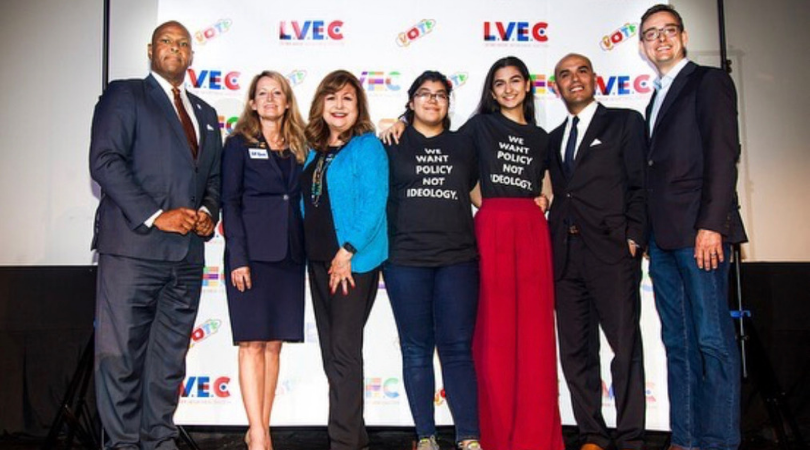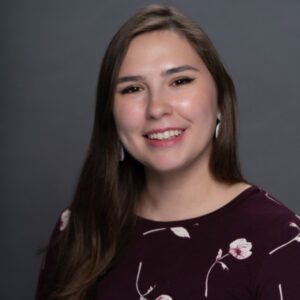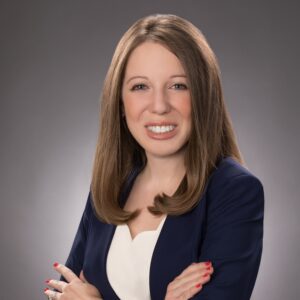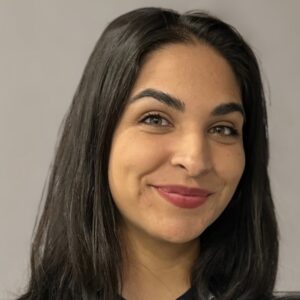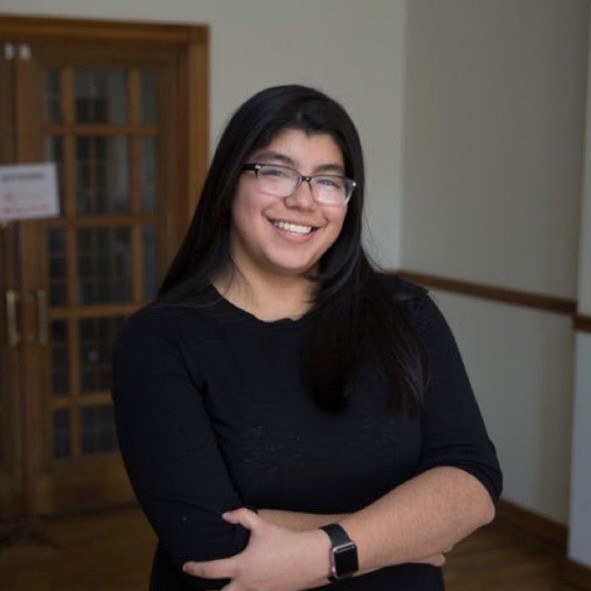
At only 18 years old, Maria Lopez is a powerful immigrant rights activist in the Dallas area. She is a successful student at a top Dallas ISD magnet high school. She is the Texas Youth Director for the state’s League of United Latin American Citizens (LULAC). She’s a Young Women’s Advisory Council Fellow under the Texas Women’s Foundation. Her advocacy has been so profound that she recently won LULAC’S National Woman of the Year Award. Maria has shown strength, dedication, and work ethic at a young age. Still, she may struggle to lead a normal life in the United States of America.
Maria is an unauthorized immigrant. She was born in Mexico but spent her childhood in Dallas, Texas. “Whenever people ask, I usually tell them I’m from Dallas,” Maria remarked. “It makes more sense to me because that’s where I grew up.” Maria is among a generation of immigrants who were too young or who never made an initial request to be protected under the Deferred Action for Childhood Arrivals (DACA) program before it was rescinded by President Donald Trump. Maria did not apply for DACA because her family was unable to pay the $495 application fee and associated legal costs. Without the opportunity to apply, Maria says young immigrants, especially those in low-income households, are isolated from society in a number of ways. Most importantly, Maria does not have a Social Security number, which bars her from many types of employment.
Recently, Maria tried to apply to the Mayor’s Intern Fellows Program, which places high school students at companies and nonprofits around Dallas for paid summer internships. Maria was unable to finish the application because the program requires applicants to provide a Social Security number and to have work authorization. With DACA protections no longer available, Maria is left wondering when she will have the opportunity to accomplish everything she aspires to do in the United States. “DACA was something that everyone worked towards,” Maria said. “It was a big goal for me, because I would finally be integrated into my society. Once DACA went away and I wasn’t able to apply, I was unable to be a part of society once again.”
Without the determinative nine-digit number or a prestigious internship, Maria has had to forge her own way in the world. Maria, going into her fourth year of membership, has passionately contributed to the largest LULAC council in the state of Texas. “Many people join LULAC because they’re passionate about helping others on a volunteer level,” Maria explained. “I wanted to do more because I saw how the volunteering was helping my community.” Maria then became District Director, helping to organize volunteer activities and donate materials to immigrant children and asylum seekers. Now, as State Director, she plans to help different councils collaborate to work collectively and make a larger impact. LULAC has created a system of support for Maria that she can lean on during difficult or uncertain times in her life.
For other young adults looking to make an impact in their community, Maria has some advice: “Find connections, a network, a team… These can be really helpful when trying to start a movement. Whenever you ask yourself what you can do in the community… think about having a team that can work towards a common goal.” For Maria, LULAC is her number one network for making change. Maria has also worked with North Texas Dream Team[3] which provides legal resources to undocumented immigrants. These groups have given Maria the platform to make unprecedented moves in her community. She reiterated, “You have to join. You have to be with people that want to do. You can’t just talk with your friends about your plans, you have to act on them.”
